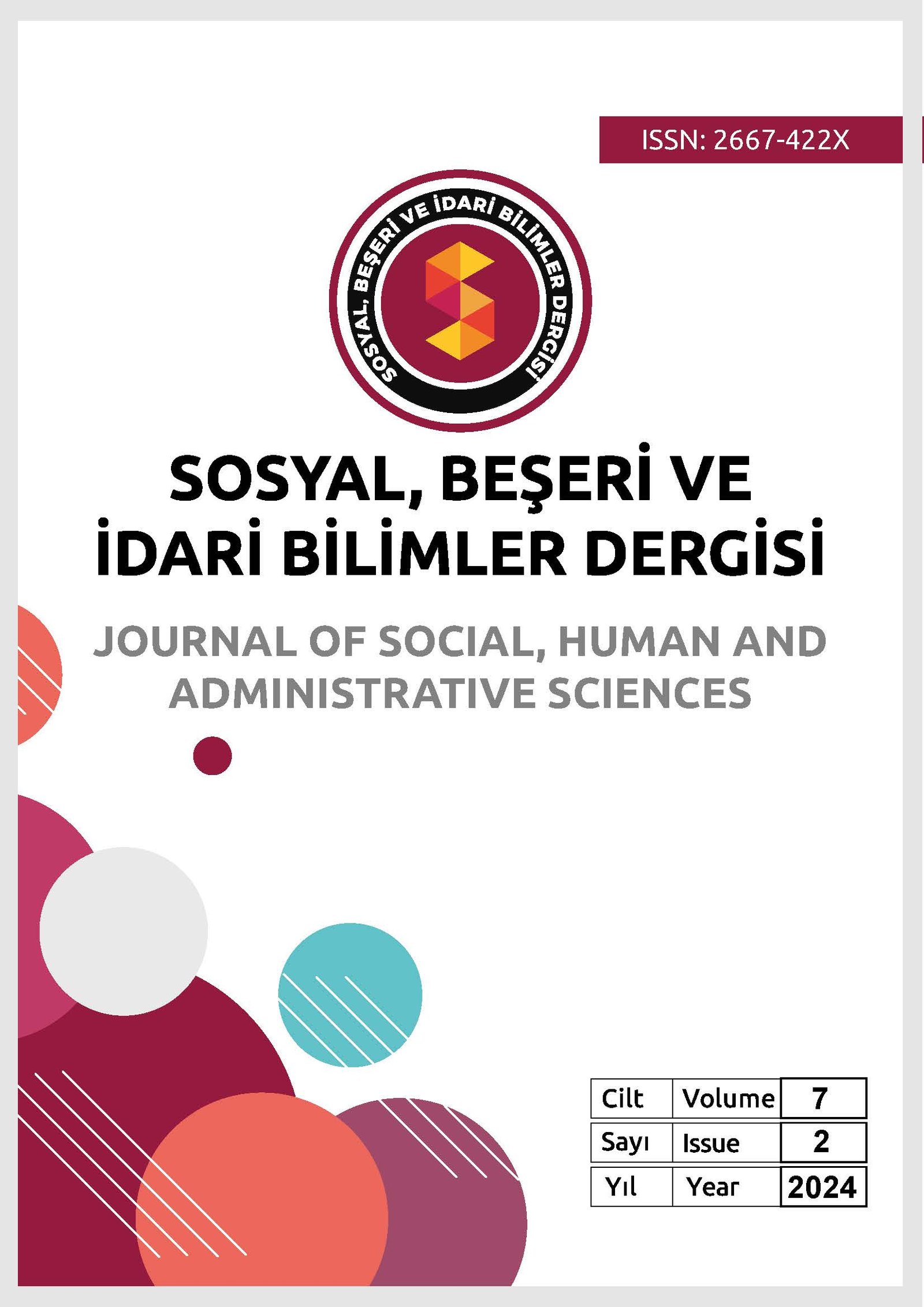Explanation of Emotional Eating from the Perspective of Acceptance and Commitment Therapy
Main Article Content
Abstract
Emotional eating is defined as the eating type of which people’s coping mechanism against the negative feelings, such as, stress, anger, anxiety, depression, etc. This coping mechanism as mentioned above, has a short-term effect and may lead to pathological consequences in the long term. According to Acceptance and Commitment Therapy, avoidance strategies and control efforts distract people from the present moment and external reality and prevent them from acting in accordance with their values. The treatment content of this type of therapy includes the psychological flexibility model. The psychological flexibility model includes six components: acceptance, contact with the moment, cognitive detachment, values, contextual self, and persistence in value-oriented behavior. It is shown that Acceptance and Commitment therapy can be used within three main interventions, especially with the aim of accepting negative emotions, raising awareness and clarifying the values.
Article Details

This work is licensed under a Creative Commons Attribution 4.0 International License.

